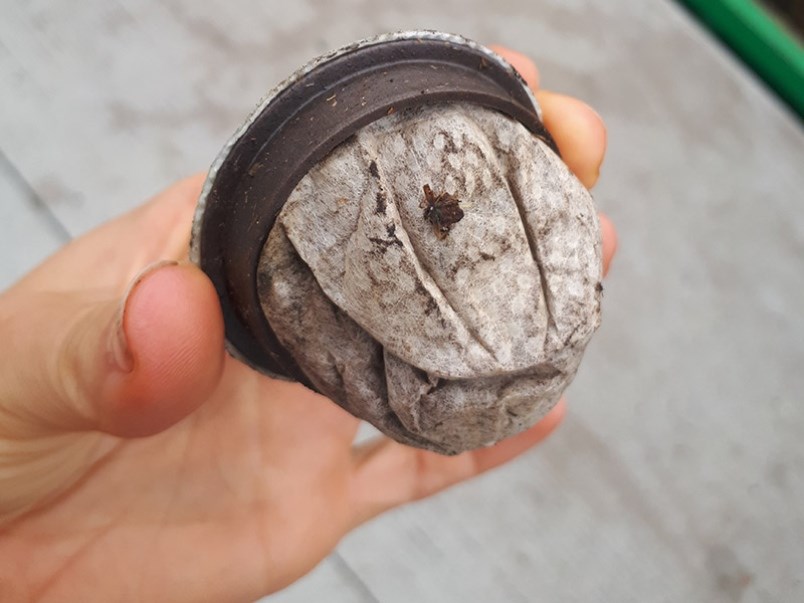When it comes to compostable plastic, do not believe the hype.
If it were as miraculous as it sounded, it would indeed be worth a serious plastic-free party in the streets. But, as you likely suspected, compostable plastic is not the ultimate solution or excuse for us to go on over-packaging and mindlessly consuming plastic goods.
By now, most of us have been exposed to the alarming statistics about plastic and its impact on mother earth. The ultimate danger of the dreamy new supposedly compostable material is that it lowers our motivation to be more conscious consumers, reducing what we use in the first place.
Not all plastics are created equal, yet at first glance many of them look identical. This is just one of the challenges with all the new bioplastics entering the marketplace.
There are compostable plastics made from monocropped corn, certified compostable plastics that will only break down if exposed to high heat in a composting facility, biodegradable plastics that simply break down into smaller pieces of plastic littering the soil, and edible plastics, all of which may be nearly indistinguishable from each other or from regular plastic.
You can imagine the headache for compost facility operators who need to scan piles of plastic bags and sift out good from bad. This is one reason why Salish Soils, which accepts Powell River’s compost pilot project organics, does not allow any kind of compostable plastic. That includes, supposedly “fully compostable” coffee pods that have hit the market recently. The only portion of a coffee pod accepted in the facility is the paper filter and coffee grounds.
Just because a plastic has been invented does not mean we have figured out an efficient way to recycle or compost it. If anything, the plethora of plastic types flooding the market are only adding to the complexity of our recycling and composting systems.
What can you do this week to be part of the solution rather than the confusion?
- Start using a refillable water bottle and coffee cup
- Bring reusable shopping bags or a basket wherever you go
- Buy in bulk
- Avoid anything labelled “compostable” or “biodegradable” plastic, as neither are accepted in our composting or recycling systems and only adds to contamination problems
- Bring your own container to the deli counter or for to-go meals
- Pack lunch and snacks in reusable containers
Let’s Talk Trash is Powell River Regional District’s waste-reduction education program.




